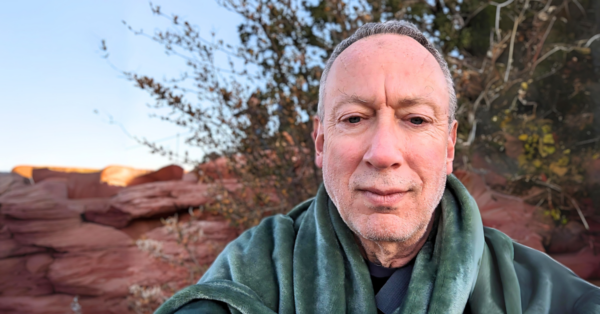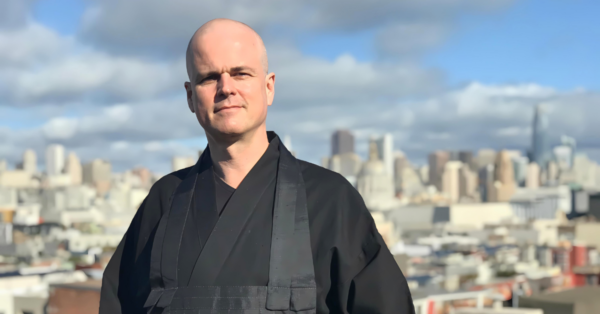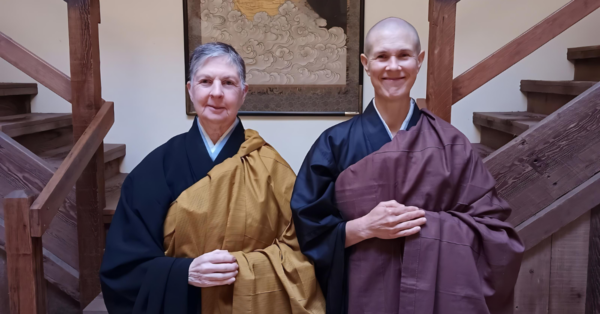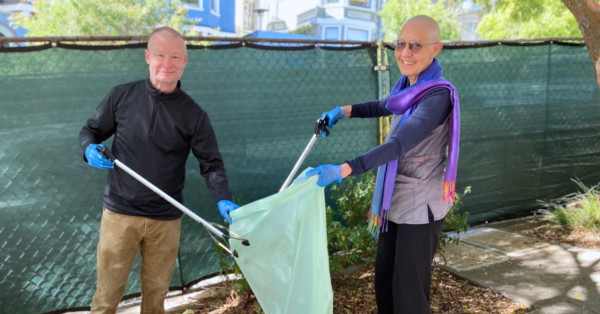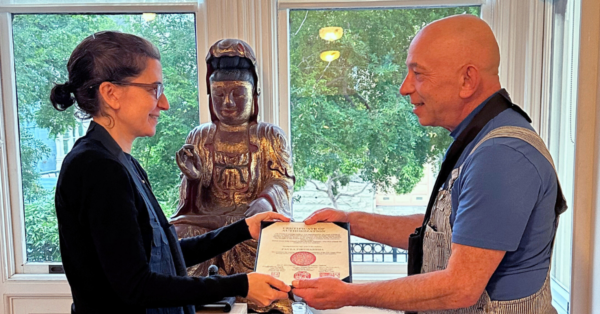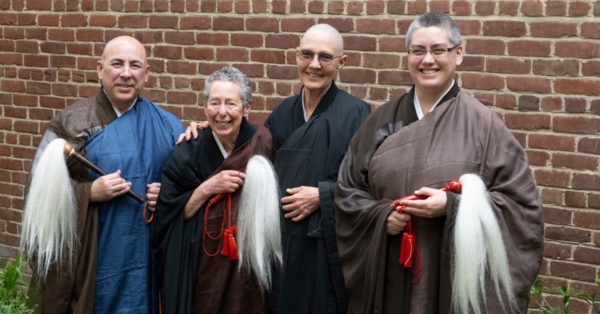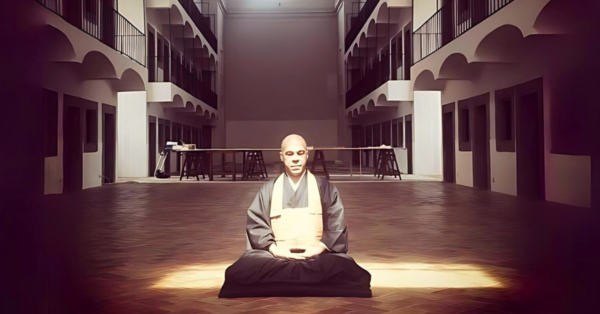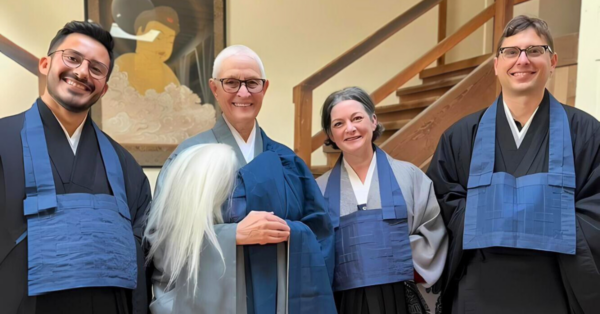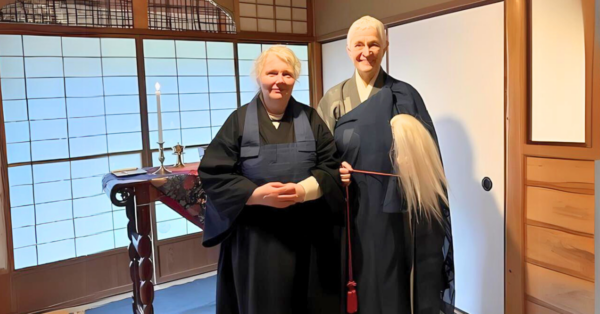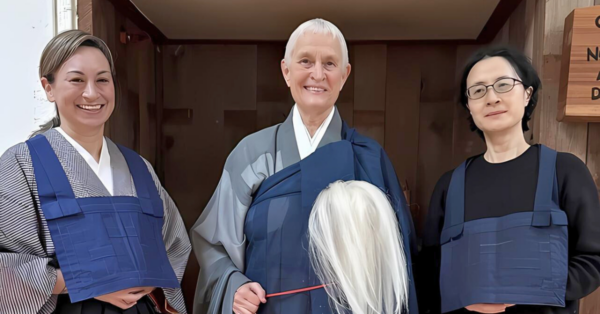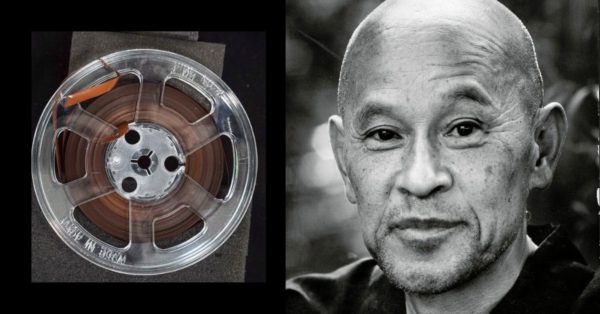
To listen to this talk, “Study Yourself,” see the Suzuki Roshi Audio Archive where it is listed on the right.
This talk was given by Suzuki Roshi at Los Altos on Thursday, September 9, 1965.
Description:
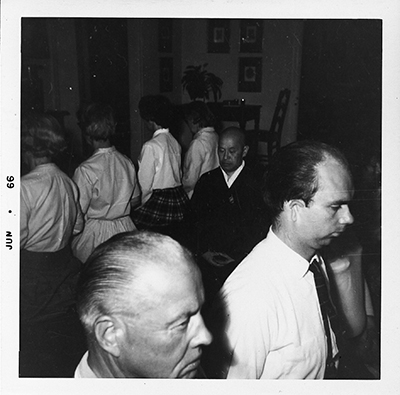
Shunryu Suzuki Roshi in Los Altos in 1966
“I always felt his best Zen talks were the ones he gave on Thursday mornings in my home. They were spontaneous, succinct and spoken from a relaxed and contented heart and mind.” – Marian Derby
In this talk, given a couple of weeks after the previous one that was also found on the same reel (08/26/65), Suzuki Roshi immediately paraphrases Dogen’s famous line from the “Genjo Koan,” “To study the Buddha Way is to study the self.” Like Dogen, he uses a concrete analogy to underline the point: what is the nature of water? How can we know it? He branches out to include Rinzai, the Chinese founder of the other main Zen school that was practiced in Japan, and his own experiences at Eiheiji, the main training temple in the Soto School that Dogen founded in Japan. He explains how, when you are doing monastic training, you don’t think you are doing anything special; whatever activity it was, the monks just did it.
Although we need the teaching to guide us on the path, this way of studying and learning does not involve a particular kind of teaching; practicing in these circumstances gives the practitioner endless opportunities to study the self, and, by harmonizing with the activity, to forget the self—he second line of Dogen’s formulations in the Genjo Koan, that Suzuki Roshi quotes later in the talk. At the end, he also paraphrases the next line too (“to forget the self is to be actualized by myriad things”):
“When you forget yourself, you resume, you will actually will take the true activity of the big existence or reality. When we realize this fact, there is no problem whatsoever in this world.” (@24:31)
This, he reminds the practitioners of Los Altos, is why we practice and study.
- To view all of the talks that have currently been released and to learn more about this project, see the Suzuki Roshi Audio Archive.
- Please donate to the preservation of San Francisco Zen Center’s audio archives.
- Non-monetary support is also welcome. This collection of talks is a living, evolving archive that depends on input from people like you to unlock the wisdom it contains. Several of the newly discovered talks are in need of transcription, and nearly all can benefit from listeners adding descriptions and keyword tags to improve searchability. To get started, visit the Suzuki Roshi Audio Archive page for many ways to engage.


